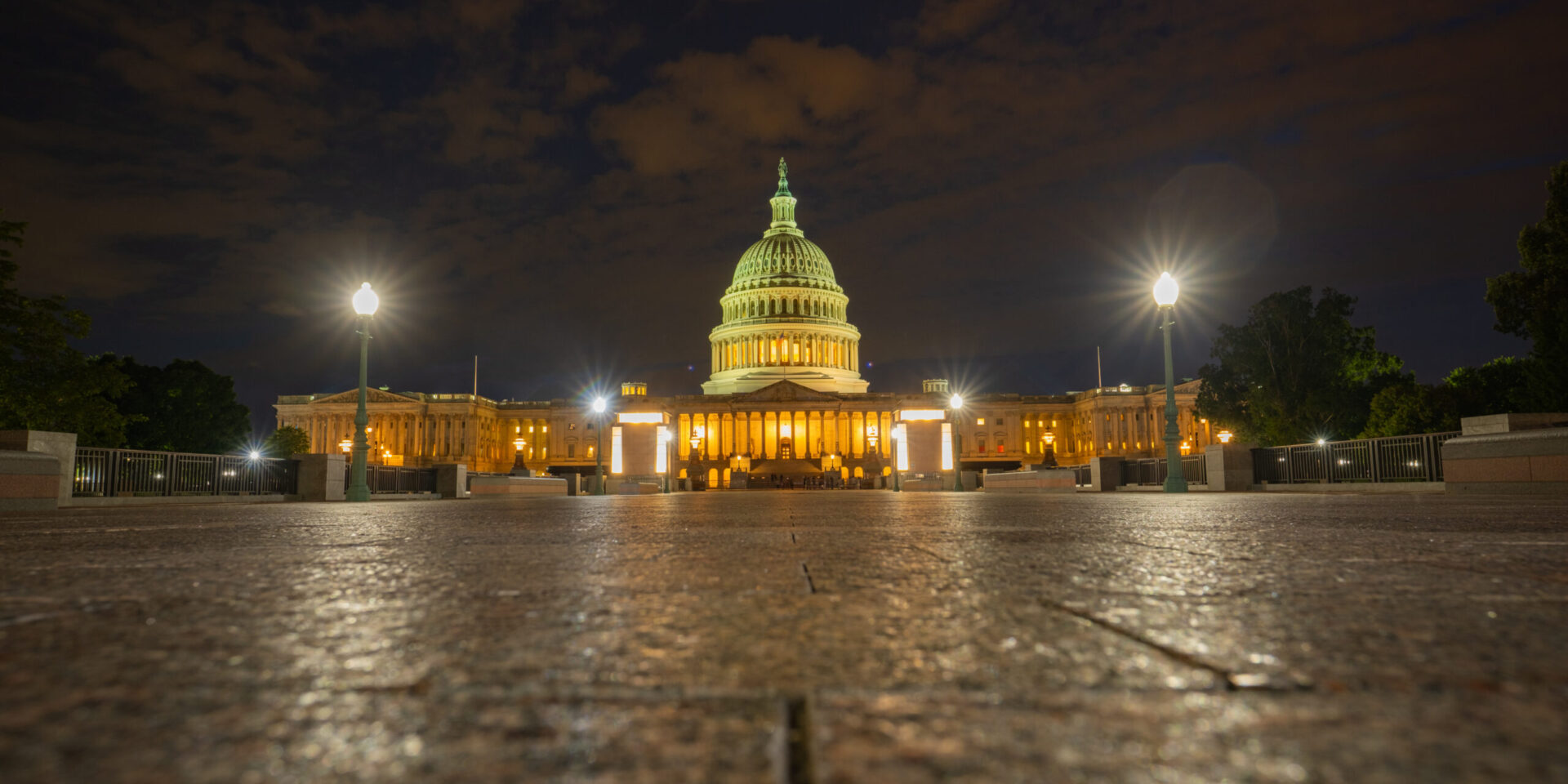The change would, in part, restore pre-TCJA immediate deductibility rules for R&D expenses.
- The bill – H.R. 7024 – (the Tax Relief for American Families and Workers Act of 2024) passed by House of Representatives in 357-70 Vote; moves to Senate
x - Would reinstate pre-TCJA rule allowing for full current-year deductibility of R&D expenditures through at least 2025
x - The five year amortization of R&D expenses rule enacted by TCJA has had substantial negative impact on businesses engaged in R&D
x - Also includes provisions covering the child tax credit, depreciation related to other business activities, residents of Taiwan with income from U.S. sources, tax relief related to loss from natural disasters, and the low-income housing tax credit.
Background
Prior to tax years beginning during or after 2022, IRC §174 permitted, in part, a current deduction for research and experimental expenditures. However, beginning in 2022 the provisions of the Tax Cuts and Jobs Act of 2017 (TCJA) impacting §174 became active and firms that invested in R&D were no longer able to currently deduct their R&D expenses. Rather, they were required to amortize their domestic R&D costs over a five year period, to begin at the midpoint of the taxable year in which the expense was paid or incurred; effectively reducing the current year deductibility benefit by 80%.
The change also created a ripple effect across both financial and tax reporting activities for many organizations with implications for: estimated tax payments, state and local taxes, Sec. 163(j) deductions, and charitable contributions, treatment of NOL carryforwards, FDII and GILTI, and ASC Topic 740 application.
Various legislative proposals have sought to remedy the issue for businesses engaged in R&D activities through either a delay to, or outright repeal, of the amortization of R&E expenditures, an increase to the percentage benefit of the R&D tax credit, or expanding the applicability of the R&D tax credit in hopes of offsetting the financial impact of the new amortization requirement.
Read More: Our most recent comprehensive legislative assessment of R&D incentives
On January 17th of this year H.R. 7024 was introduced in the U.S. House of Representatives (sponsored by Missouri Republican Rep. Jason Smith) and seeks, in part, to effectively repeal of the amortization of R&D expense requirement as implemented under the TCJA.
Statutory Mechanics
H.R. 7024 seeks to amend IRC §174, in part, through the introduction of subsection §174(e) which effectively suspends the amortization of domestic research and experimental expenditures requirement and, through reference to §174A, allows for the immediate deduction of research and experimental expenditures.
Section 174A(a) would permit the immediate deduction of domestic research and experimental expenditures paid or incurred during taxable years beginning prior to January 1, 2026; subject to an exclusion for foreign research (defined as “any research conducted outside the United States, the Commonwealth of Puerto Rico, or any possession of the United States”).
This change would be applicable to periods after December 31, 2021 and starting before January 1, 2026 and effectively defers implementation of the amortization rules stipulated in §174 until years January 1, 2026 and after.
Section 174A(c) as proposed would provide a taxpayer the option to elect to amortize domestic research or experimental expenditures over a period of not less than 60 months; beginning with the month in which the benefits of these expenditures were realized by the taxpayer. As an alternative, proposed Section 174A(d) would allow a taxpayer to decide to capitalize research or experimental expenses. This election would by default apply to all research or experimental expenditures, unless separate permission to apply the election to only a portion of the expenditures is obtained from the IRS.
The bill also appears to also broaden the scope of eligible software development expenses to include any software development; regardless of whether it is being developed for external or internal use. As proposed in section 174A(e)(3), any amounts paid or incurred in relation to the development of any software will be considered a research or experimental expenditure for the purposes of the proposed IRC Section 174A.
Transitional Provisions
A transitional provision contained in Act Section 201 (f)(3) grants taxpayers the option to elect the application of IRC §59(e), which pertains to a 10-year write-off, within the one-year period commencing on the date of enactment of the bill by submitting an amended return. It is required in addition for the taxpayer to have otherwise satisfied the eligibility criteria for making such an election in conjunction with the original return (aside from the fact that the election was not submitted with the return)[1].
An additional transitional rule, applicable during the 1-year period commencing from the date of enactment of the Act, as set forth in Act Section 201(f)(4), permits taxpayers to make or revoke, via an amended return, the election to claim the reduced research credit as provided in IRC §280C(c)(2).
What’s Next for H.R. 7024
The bill now moves to the Senate for consideration. As of February 2, the bill had yet to be referred to a specific Senate subcommittee. Once assigned, it will receive consideration before either being referred back to the House with markups or advancing to a full vote in the Senate before reaching the President’s desk – so some work remains legislatively.
It’s worth noting that H.R. 7024 is one of the few nonessential bills (defined as legislation that is not required to keep the government running) that has a real chance of being passed into law. When asked for his thoughts on the bill, Senate Majority Leader Chuck Schumer (D – N.Y.) said that he is supportive of it and is working with Senate Finance Committee Chair Ron Wyden (D – Ore.) to “figure out the best way forward.”
What is not in doubt is that full R&D expensing can grow the economy – and quickly. The nonpartisan Joint Committee on Taxation (JCT) wrote in July of last year that restoring R&D expensing would decrease the cost of R&D, thereby incentivizing businesses to expand these investments. The Tax Foundation estimated that permanent R&D expensing would increase both gross domestic product and wages as well[2].
[1] https://www.currentfederaltaxdevelopments.com/blog/2024/1/21/house-ways-amp-means-committee-advances-proposed-compromise-extenders-bill
[2] https://bipartisanpolicy.org/blog/congress-is-running-out-of-time-to-fix-a-critical-rd-tax-issue-in-2023/





